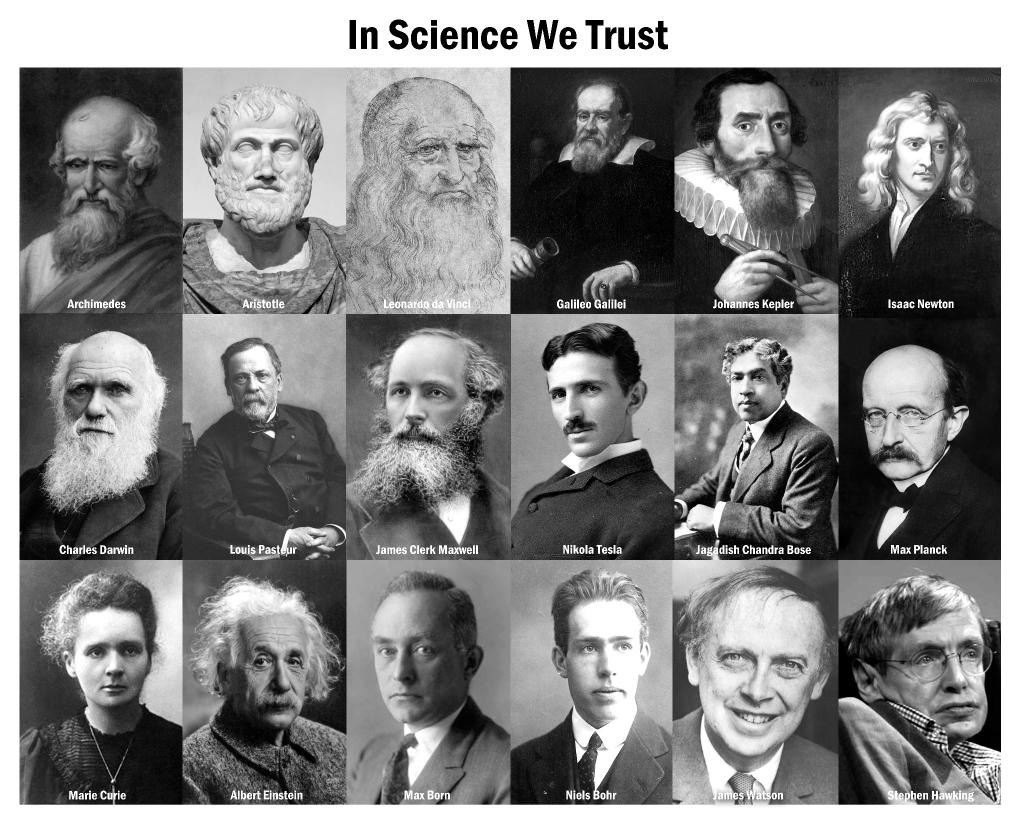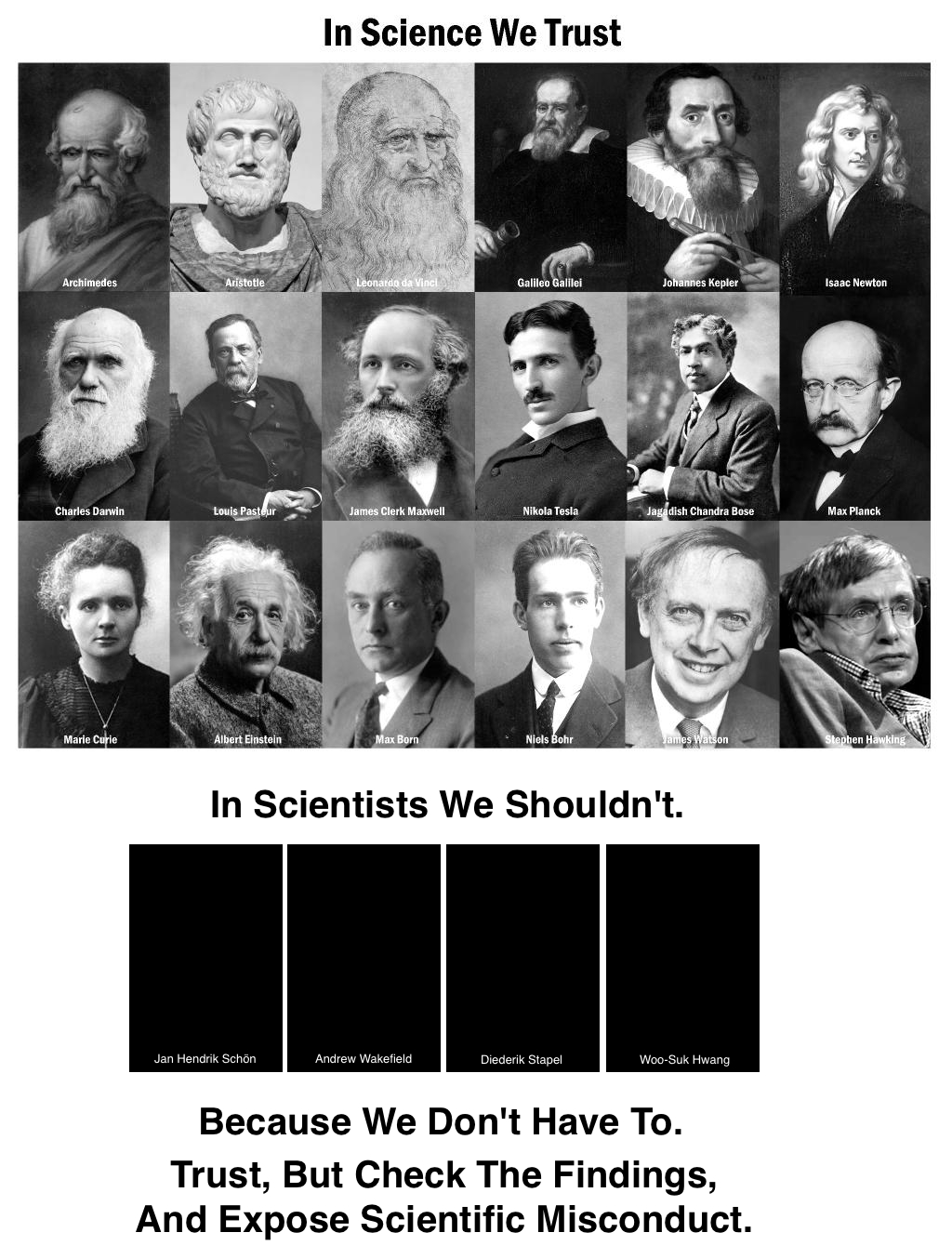Go without a coat when it’s cold; find out what cold is. Go hungry; keep your existence lean. Wear away the fat, get down to the lean tissue and see what it’s all about. The only time you define your character is when you go without. In times of hardship, you find out what you’re made of and what you’re capable of. If you’re never tested, you’ll never define your character.
Henry Rollins
To be honest, I totally admire the “classic” scientists of the past. Newton. Darwin. Tesla. Curie. Einstein. I mean, really and absolutely seriously … we are a product of evolution, metaphorically of an universe trying to figure itself out, but practically just smarter … descendants from the same organism that had apes as ancestors. Or as Pratchett put it aptly:
I think perhaps the most important problem is that we are trying to understand the fundamental workings of the universe via a language devised for telling one another when the best fruit is.
Terry Pratchett
But yeah, when I think about science — and what it enabled us to do — science is my religion. It’s something I trust. It’s one of my axioms.
So, I really love the picture by Gordon Bennett (Twitter: @gbennett666):

But I also think that it is incomplete. Because to be honest, showing the pictures of famous scientists does not seem to hold true in today’s world. Perhaps it was also the case during the time of (most of) these scientists, but today science has some very salient and despicable frauds to deal with. They (likely) are few but they exist. People who faked results (or even fabricated the data itself) to get ahead. Sure, you can blame the current reward structure in science (see, e.g., this posting), but in the end, we had a couple of people who, well, pissed on science for personal gain.
Okay, perhaps they were convinced they were on to something, perhaps they thought: “If I only had more funding, I could change the world.”. But I think it probably is more realistic that they simply played “the system science” for a maximum of personal gain. They “knew” they were right, or they didn’t care. And they did not care about science or the data either.
So, yup, I think the image by Gordon Bennett in rather incomplete. And I’m well aware that I completely change the message with the following addition. But, well, here it is:

To put it even more differently — seriously, stop the hero worship of scientists. Stop placing scientists as saints. They are not. Even the ones we remember fondly are human beings — who stood the test of time by keeping their integrity. These were people who reported what they found, (likely) without embellishing or “smoothing” the results. And — most likely — without faking data.
And — again, seriously — if you think of becoming a scientists, do it the hard but right way. By doing science right. Otherwise you might gain temporary success, but history remember you for what you are — a fraud. And yes, currently science requires you to treat it as a career — but even with this view, you can keep your integrity.
Personally, I rather fail at a scientific career, because I could not make a relevant contribution, than enjoying short-term success but be exposed as a fraud in the long run (even if it happens after my death). Hell, even if no one ever would find out — because I would know. And that’s no empty assertion. I am very likely leaving science (well, at least Academia), because — in my present circumstances and situation — I cannot make a meaningful contribution. So yeah, I know what I speak of. I have seen the temptation to fake results to get ahead, and I considered it beneath me.